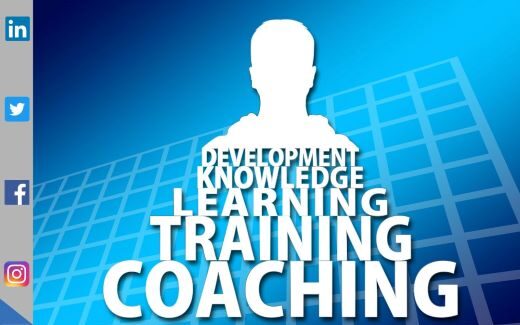R V University is a premier institution of higher education located in Bengaluru city
Choosing the right university is a pivotal decision that can shape your future. RV University, a prestigious institution renowned for its academic excellence and vibrant campus life, stands out as a prime destination for higher… R V University is a premier institution of higher education located in Bengaluru city








